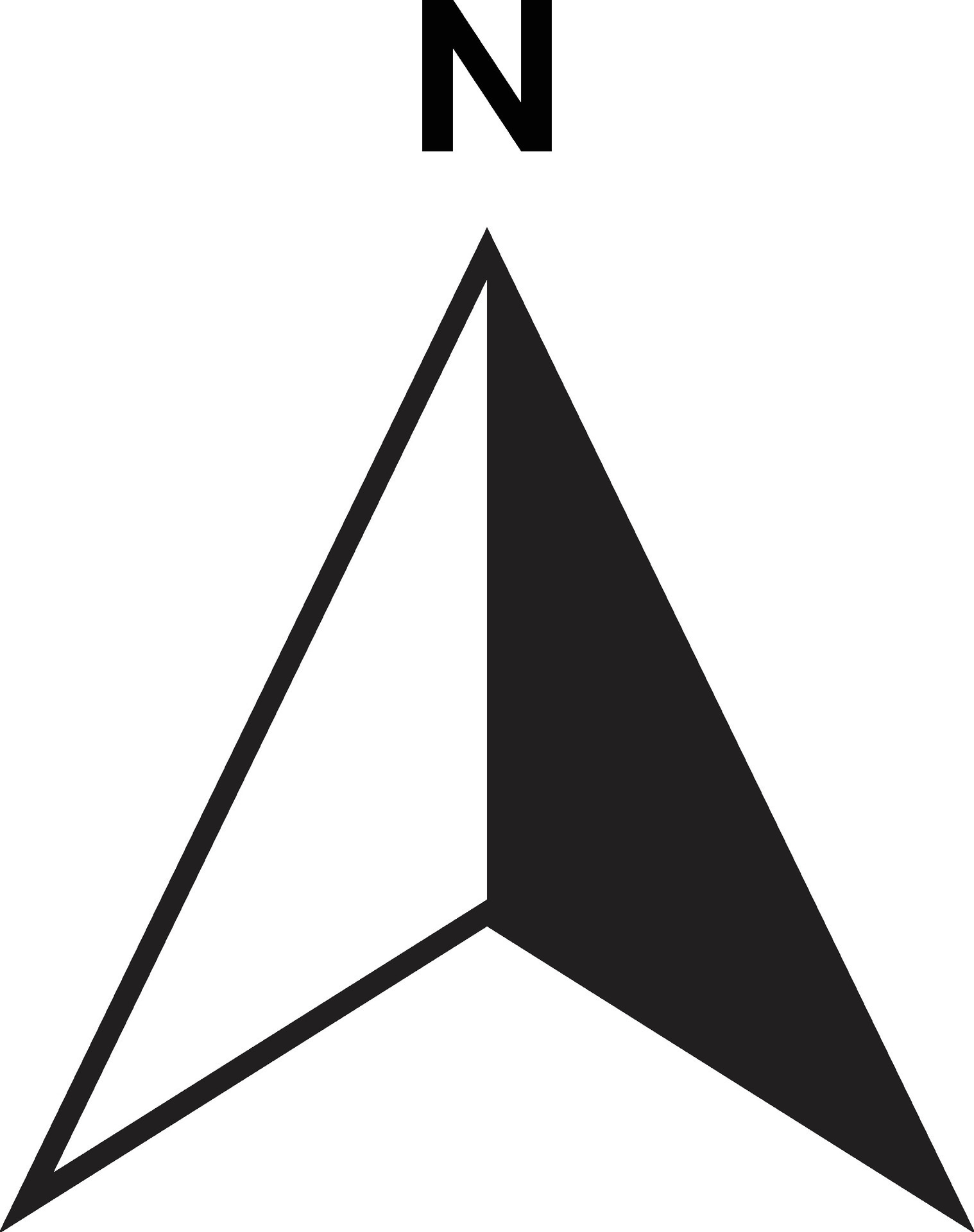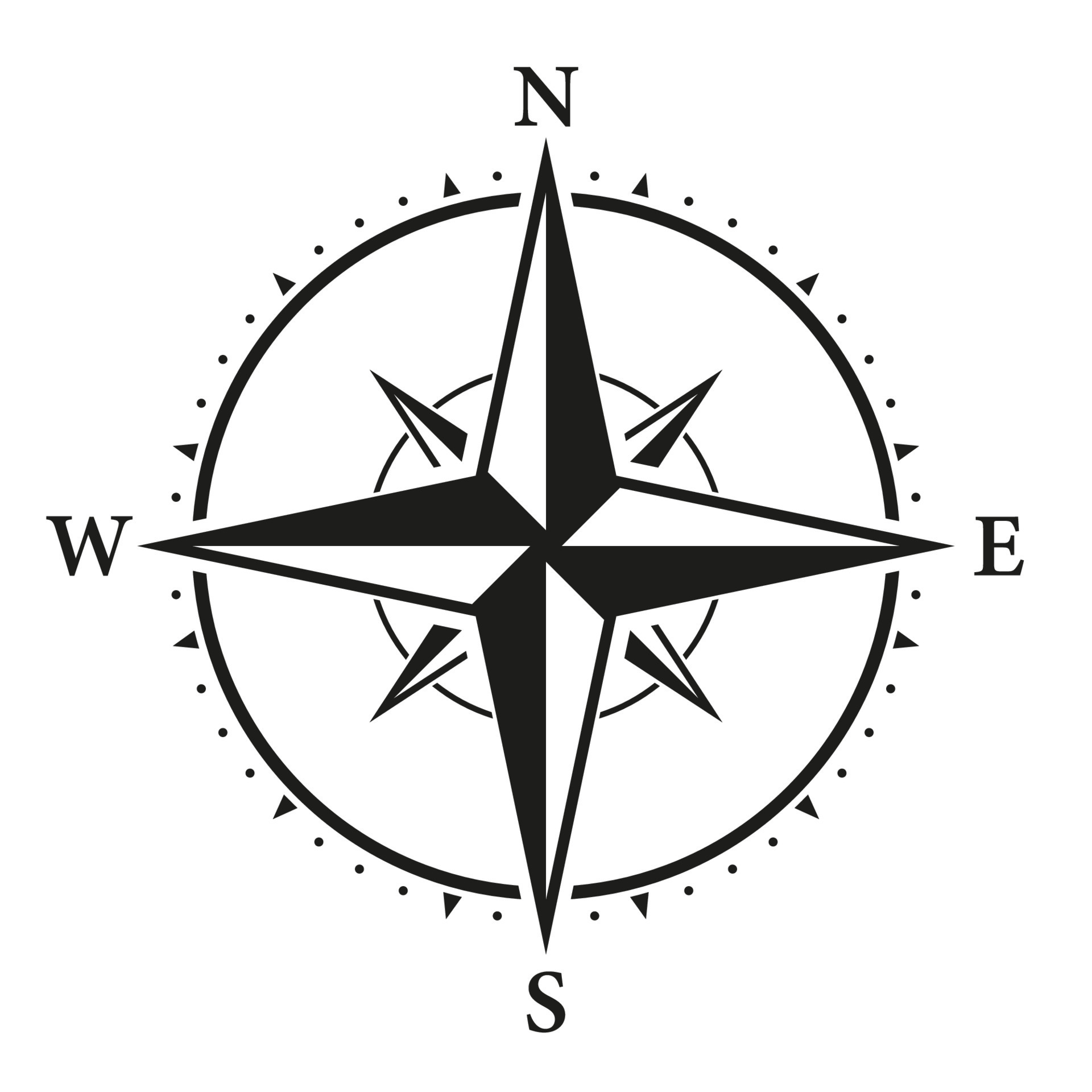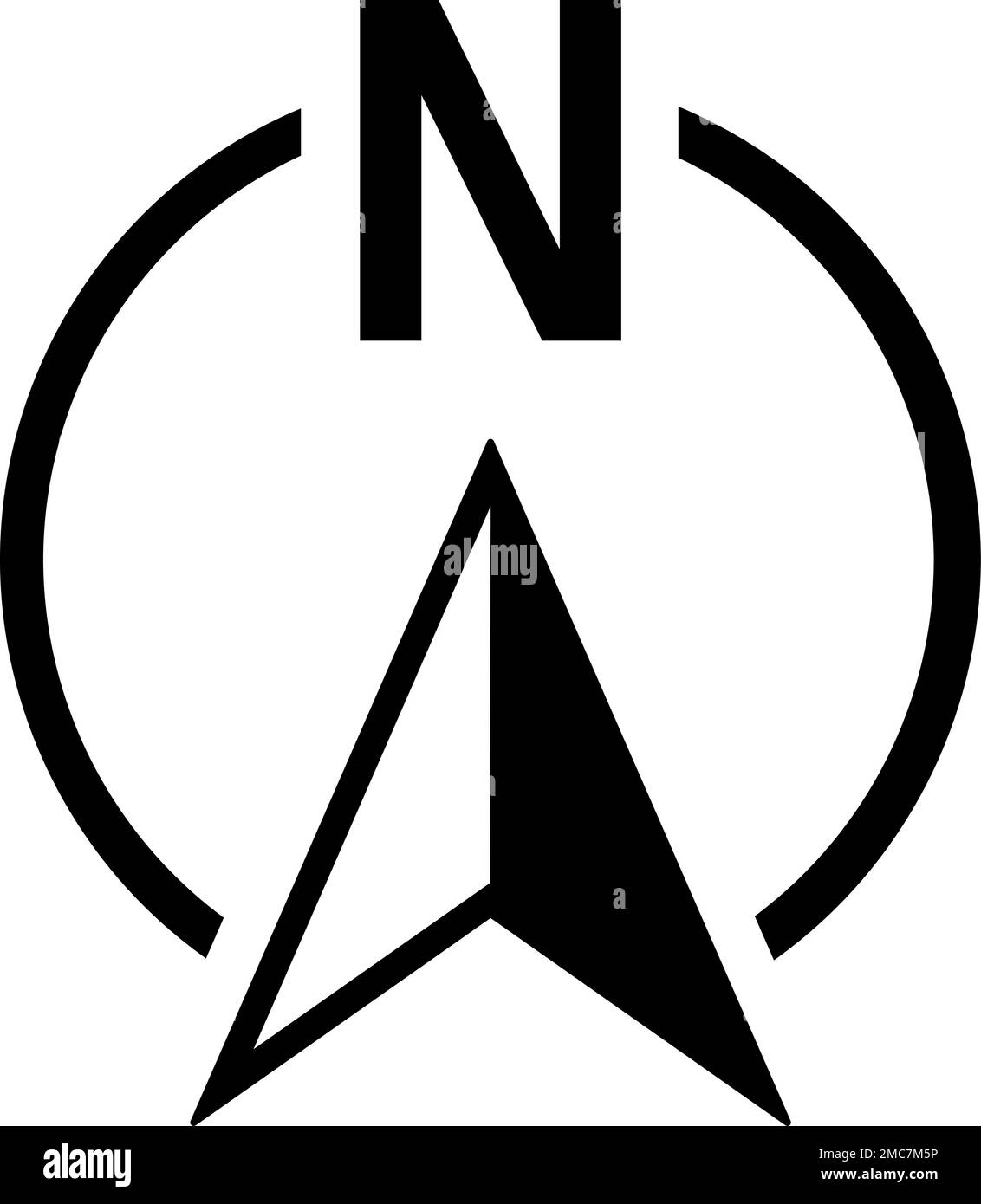The roads of North Carolina are, in a way, like the very veins of the state, connecting communities from the mountains in the west all the way to the coast. Keeping these vital pathways secure for everyone who uses them is a big job, and it's one the North Carolina Highway Patrol takes on every single day. They are a familiar sight, often seen helping people, managing traffic, or responding to something unexpected that happens on the road. So, their presence truly matters for peace of mind while driving across this beautiful state.
When you think about traveling, whether it's a short trip to a nearby town or a long journey across the entire state, you probably hope for a smooth and safe ride. That feeling of safety, it's almost a given for many of us, yet it comes from the constant efforts of dedicated people. The North Carolina Highway Patrol plays a very important role in making that hope a reality for drivers and passengers alike. They work tirelessly to make sure our highways remain places where people can move freely and safely.
This group of professionals, you know, they do more than just enforce traffic rules. They are part of the larger fabric of public safety, making sure that the flow of life on the roads continues without too much trouble. From the northern reaches of the state, where the wind might be coming from, to its southern borders, they are there. We're going to look a bit closer at what they do, how they help, and why their work is so important for everyone who travels on North Carolina's vast network of roads.
- Meet Alyson Stoners Siblings Family Ties That Shine
- J Howard Marshall Ii
- Haewon Nmixx Height Weight Age And Biography Revealed
- Council Oak Steaks Seafood
- Michael Jackson Before And After
Table of Contents
- What the North Carolina Highway Patrol Does
- A Look at Their Beginnings
- Preparing for the Road: Training and Skills
- Connecting with Communities
- Their Impact on Daily Life
- Thinking About Joining?
- Frequently Asked Questions
- Bringing It All Together
What the North Carolina Highway Patrol Does
The North Carolina Highway Patrol has a wide range of responsibilities, all centered around keeping our roads orderly and protecting those who use them. Their main job, you know, is to make sure traffic laws are followed. This includes things like managing speed limits, making sure people wear seatbelts, and dealing with impaired driving. They are, in fact, often the first ones to arrive at the scene when something goes wrong on a highway, like a vehicle incident.
Beyond enforcing rules, they also help people who find themselves in a tough spot on the road. This might involve assisting with a flat tire, helping someone whose vehicle has stopped working, or just giving directions to someone who is lost. They are, you know, a constant presence, looking out for anything that might disrupt the smooth flow of travel. They also work to educate the public about safe driving habits, which is a very important part of their mission.
Their work also extends to helping other law enforcement groups and providing support during big events or emergencies. If there's a natural event, like a storm that hits parts of the north, they might be involved in clearing roads or helping with evacuations. They are, arguably, a vital part of the state's overall emergency response system, ready to act when needed. Their efforts help to keep everyone moving safely, from one end of the state to the other.
- Unveiling The Mystery Where Is Averill Elizabeth Easley Today
- Loves Timeless Melody Unraveling Billy Oceans Enduring Marriage To Judy Bayne
- Harbhajan Singh Height Wife Wiki Age Parents
- Littlefinger Game Of Thrones
- Projekt Melodys Face Reveal On Reddit Authenticity Unmasked
Traffic Management and Incident Response
A big part of their daily routine involves managing the flow of vehicles. This means keeping an eye on traffic patterns, especially during busy times or around areas where people gather. If there's a blockage or a problem, they work to get things moving again as quickly and safely as possible. They are, in a way, like the conductors of a very large and fast-moving orchestra, trying to keep everything in harmony.
When something unexpected happens, like a vehicle collision, the patrol is usually there quite quickly. They secure the area, help anyone who might be hurt, and then work to figure out what happened. This involves gathering information and making sure the scene is cleared so that traffic can resume its normal pace. It's a job that requires a lot of quick thinking and careful action, you know, to manage the situation effectively.
Public Safety and Education
The patrol also spends time teaching people about road safety. They might visit schools, community groups, or even set up booths at public gatherings. They talk about the importance of not driving after drinking, the need to stay focused while driving, and how to share the road responsibly. This educational work is, in fact, a key part of their effort to prevent problems before they even start.
They believe that an informed public is a safer public. By sharing knowledge about traffic laws and safe practices, they hope to reduce the number of incidents on the roads. It's a proactive approach, really, trying to build a culture of careful driving across North Carolina. This focus on prevention is, you know, a very valuable part of their overall work.
A Look at Their Beginnings
The North Carolina Highway Patrol has a history that goes back many years, reflecting the state's growth and the increasing number of vehicles on its roads. It began in the early 1900s, as more and more people started owning cars. There was a clear need for a group to help manage this new way of travel and to make sure people were driving responsibly. So, the idea for a dedicated highway patrol started to take shape.
The official creation of the North Carolina Highway Patrol happened on July 1, 1929. At that time, they started with just a small group of people, about 37 in total. Their main job back then was to enforce traffic laws and investigate incidents. Over the years, as the state grew and its population increased, the patrol also grew, taking on more duties and becoming an even more important part of public safety. This growth, you know, shows how much their work was needed.
Their early days involved a lot of pioneering work, setting up procedures and learning how to best serve the people of North Carolina on its expanding road network. From those first few individuals to the many hundreds who serve today, the core purpose has remained the same: to keep the roads safe. It's a legacy of service that has, arguably, made a real difference in the lives of countless drivers over the decades.
Preparing for the Road: Training and Skills
Becoming a member of the North Carolina Highway Patrol involves a very thorough and demanding training process. It's not just about learning rules; it's about developing a wide range of skills needed to handle all sorts of situations on the road. People who want to join go through an academy, which is a place where they learn everything they need to know to do the job well. This training is, in fact, very comprehensive.
The training covers many different areas. They learn about traffic laws, how to investigate vehicle incidents, and how to provide immediate help when someone is hurt. They also get training in defensive driving, how to handle a vehicle safely at high speeds, and how to communicate effectively with people in various situations. There's also a focus on physical readiness, because the job often requires a lot of movement and quick action. This preparation is, you know, designed to make sure they are ready for anything.
Even after they finish the academy, the learning doesn't stop. Members of the patrol continue to receive ongoing training throughout their careers. This helps them stay current with new laws, new technologies, and the best ways to keep people safe on the roads. It's a commitment to continuous improvement, ensuring that they always have the skills and knowledge to do their important work. This dedication to learning is, arguably, a hallmark of the North Carolina Highway Patrol.
Connecting with Communities
The North Carolina Highway Patrol understands that their work is not just about enforcing laws; it's also about being a part of the communities they serve. They try to build good relationships with people, showing that they are there to help and protect. This involves more than just their duties on the highway; it includes reaching out and connecting with people in various settings. They are, you know, a visible presence in many towns and cities.
They often participate in community events, like local festivals or safety fairs. They might set up displays, talk to children about safety, or just be available to answer questions from the public. These interactions help people see them as approachable and as partners in keeping the community safe. It's a way of showing that they are, in fact, a resource for everyone, not just those on the highways.
Education is a big part of their community outreach. They give presentations on topics like distracted driving, child passenger safety, and what to do if you're involved in a vehicle incident. By sharing this kind of information, they help empower people to make safer choices on the road. This focus on prevention and public awareness is, arguably, a very important aspect of their role in North Carolina's communities.
Their Impact on Daily Life
The presence and work of the North Carolina Highway Patrol have a very real impact on the daily lives of everyone who travels in the state. Think about it: when you drive, you probably feel a bit safer knowing that there are people out there looking out for potential problems. Their efforts contribute to a general sense of order and security on the roads, which allows people to go about their business with less worry. It's, you know, a quiet reassurance.
Their work in reducing impaired driving, for example, directly saves lives and prevents serious injuries. By removing people who are driving unsafely from the roads, they protect countless others who are just trying to get to their destinations. This focus on enforcement, combined with their educational efforts, helps to create a safer environment for everyone, from families on vacation to people commuting to work. This impact is, in fact, quite significant.
Furthermore, their quick response to incidents helps to minimize disruptions and get things back to normal faster. When a road is blocked or an incident occurs, their efficiency in managing the situation means less time stuck in traffic for others and a quicker return to safe conditions. They are, in a way, like the guardians of the flow of movement, making sure that the state's transportation network remains effective. This dedication is, arguably, a very important part of what they do every day.
Thinking About Joining?
For those who feel a calling to public service and want to make a tangible difference in their community, a career with the North Carolina Highway Patrol might be a very good path to consider. It's a challenging job, for sure, but it also offers a deep sense of purpose and the chance to help people every day. The requirements to join are, you know, pretty clear, and they look for individuals who are committed to safety and service.
Generally, applicants need to be at least 21 years old, have a high school diploma or its equivalent, and possess a valid North Carolina driver's license. There are also physical fitness standards and a thorough background check. They look for people who show good judgment, integrity, and a desire to serve the public. It's a process designed to find the best candidates for this important work. You can learn more about joining the North Carolina Highway Patrol on our site.
If you're interested, it's a good idea to research the application process and the training involved. The patrol is always looking for dedicated individuals to join their ranks and help keep North Carolina's roads safe for everyone. It's a career that offers a lot of opportunities for growth and for making a positive impact on the lives of others. This commitment to finding good people is, arguably, what helps them maintain their high standards.
Frequently Asked Questions
What is the mission of the North Carolina Highway Patrol?
The main purpose of the North Carolina Highway Patrol is to provide a safe, secure, and orderly environment on the state's highways and roads. They work to reduce vehicle incidents, enforce traffic laws, and help people in need. Their goal is to ensure that everyone can travel safely across North Carolina, from its most populated areas in the north to its quieter southern regions. This mission, you know, guides everything they do.
How do I report a traffic incident to the NC Highway Patrol?
If you witness or are involved in a traffic incident that requires immediate attention, especially on a highway, you should call 911 right away. For non-emergency situations or to report something that isn't urgent, you can contact the nearest Highway Patrol office. It's always best to have as much detail as possible, like the location and what happened, to help them respond effectively. You can also find information about reporting incidents on the official North Carolina Department of Public Safety website. This direct line is, in fact, very important for quick help.
What are the requirements to become a NC State Trooper?
To become a North Carolina State Trooper, you typically need to be at least 21 years old and have a high school diploma or GED. You also need a valid North Carolina driver's license. The process involves physical assessments, written tests, and a thorough background investigation. They are looking for individuals with good character who are ready for a challenging and rewarding career in public safety. You can find more detailed requirements and application information by visiting the official North Carolina Highway Patrol recruitment page. Learning about these steps is, arguably, a good first move. You can link to this page here.
Bringing It All Together
The North Carolina Highway Patrol stands as a very important group dedicated to the safety of our state's roads. Their work, which spans from traffic enforcement to helping stranded motorists and educating the public, touches the lives of everyone who travels here. They are a constant presence, working day and night to ensure that our journeys, whether short or long, are as safe as possible. Their commitment to public safety is, you know, a cornerstone of travel in North Carolina.
From the way they train their members to their active involvement in communities, their efforts build a more secure environment for all. Their history shows a continuous growth and adaptation to the changing needs of the state's roadways. They are, in fact, a vital part of what makes North Carolina a good place to live and visit. The work they do truly helps keep things moving smoothly and safely across the entire state.
We hope this look into the North Carolina Highway Patrol has given you a better sense of their vital role. Their dedication to keeping our roads safe is something we can all appreciate. If you're interested in learning more about road safety or the patrol's specific initiatives, consider visiting the official North Carolina Department of Public Safety website for additional details and resources. That resource is, arguably, a very good place to start for more information.
Related Resources:



Detail Author:
- Name : Kraig Reinger
- Username : loyal37
- Email : vjohnson@mann.com
- Birthdate : 2002-11-16
- Address : 786 Elise Point West Alyssonmouth, DC 83475
- Phone : (772) 409-2992
- Company : Aufderhar, Langworth and Crooks
- Job : Lodging Manager
- Bio : Quibusdam odio sunt ipsum modi dolorum ipsum omnis. Illum illo cumque vel. Autem et enim ipsam perferendis autem sint non ipsam.
Socials
facebook:
- url : https://facebook.com/gshields
- username : gshields
- bio : Fugiat repellat facere doloribus voluptatem.
- followers : 2404
- following : 1975
tiktok:
- url : https://tiktok.com/@gaetanoshields
- username : gaetanoshields
- bio : Est ut reprehenderit et totam nesciunt nobis pariatur.
- followers : 4390
- following : 1012
instagram:
- url : https://instagram.com/shieldsg
- username : shieldsg
- bio : Et possimus dolorem ipsam dolores quae quis odit. Id mollitia veritatis et repellat quia aut error.
- followers : 805
- following : 2992